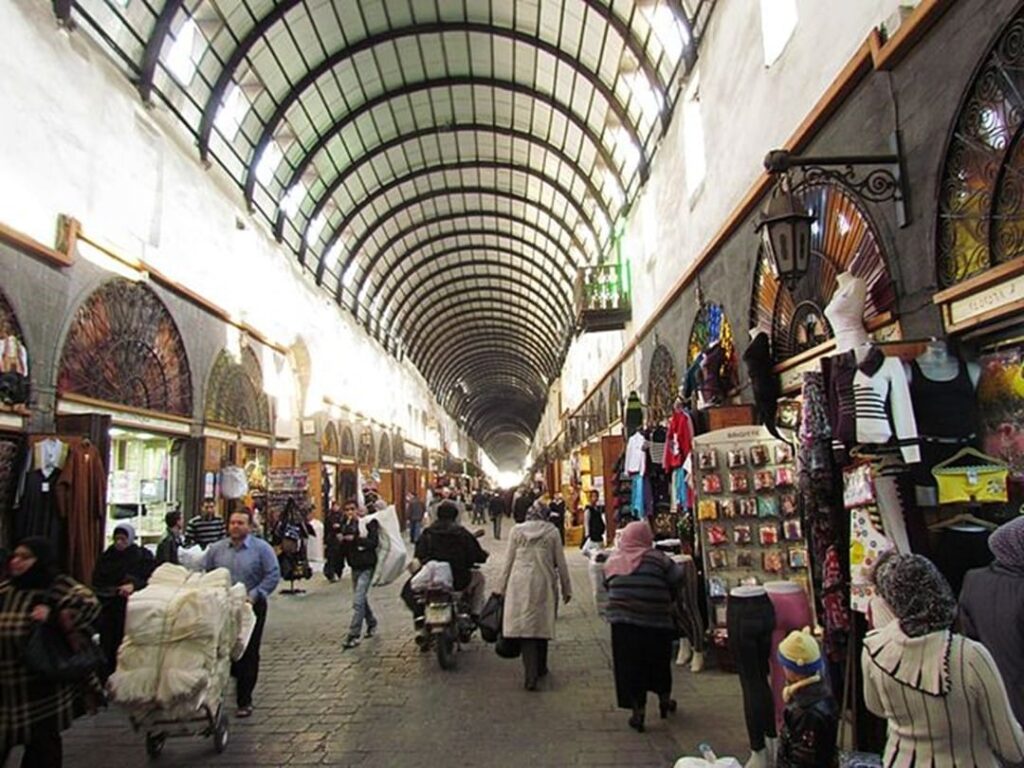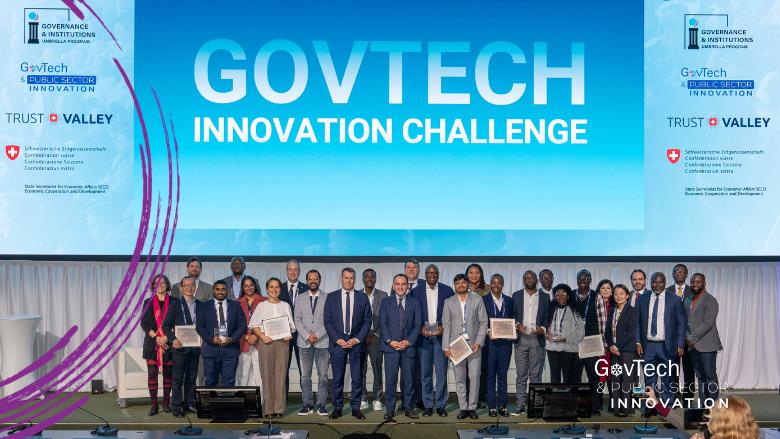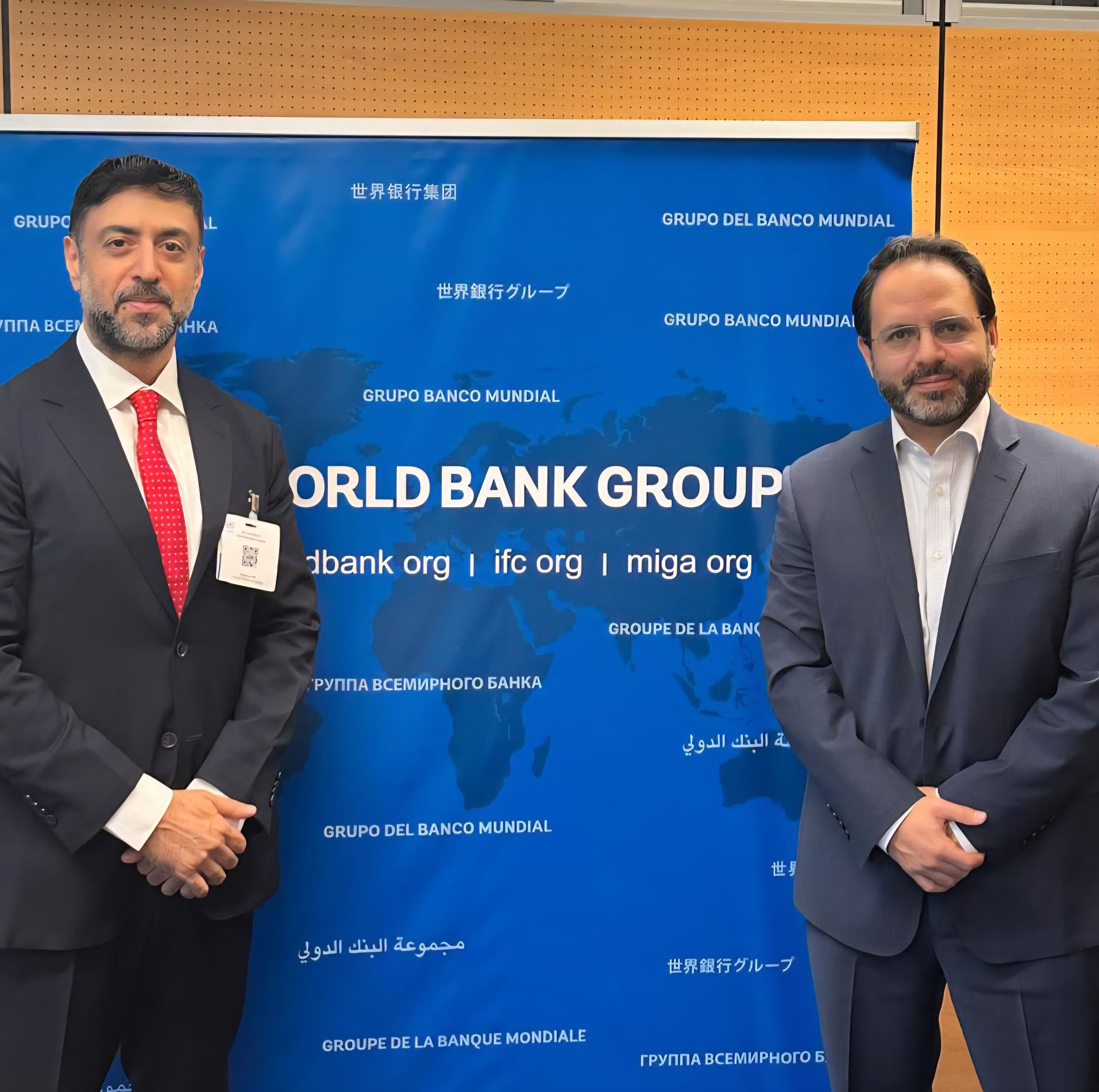Abu Dhabi
Source: Alittihad Newspaper
Mufakiru Alemarat
Prof Dr. Ali Mohammed Al Khouri
In a world in which capitalism is redrawing its maps, the issue of investment attraction is no longer limited to incentives and opportunities, but rather has become organically linked to what can be called capitalist habitability«; That is, the ability of the political, social and institutional structure of any country to receive the movement of global capital and transform it into sustainable productive projects.
In this context, the Arab economy appears as a potential actor in the next phase of the repositioning of global capitalism.Not only because of the resources it possesses, but also because of the alternative model it can offer if the path is well engineered.
The fundamental hypothesis that must be dismantled here is that capitalism, as a moving historical phenomenon; It does not settle in a particular space except when structural interests intersect with institutional and social capacity.Capital, as a conditional and ideological economic energy; He searches for environments that allow him flexibility, security, and continuity, and when he retreats from traditional regions – such as Europe or North America – for reasons related to excessive legislation and bureaucracies or the rise of protectionist populism It is looking for alternatives that may seem unconventional on the surface, but they have promising potential, and the Arab economy here is no exception. The Arab region has a number of foundational factors that allow it to compete for an advanced position in the new map of mobile capitalism.In addition to the ruling geographical location that connects Asia to Africa and Europe, the region has huge reserves of oil and gas.In addition to sovereign funds that are among the largest in the world. The young population density also adds another dimension to the equation.Given the emerging consumer market and scalable workforce it represents; This means that the Arab economy does not suffer from weak growth potential, but in many cases it lacks a rearrangement of priorities in light of a new reading of capital movement.

But this positive scene is quickly disturbed by structural challenges that prevent the expected transformation from being achieved.On the one hand, many Arab economies are still dependent on primary resources, especially oil.This makes it vulnerable to external fluctuations, and imposes on it a rentier pattern that reduces opportunities for productive development.
On the other hand, heavy bureaucracy, weak institutional transparency, and the lack of modern legal systems constitute actual barriers to the flow of qualitative investment. As for geopolitical turmoil in some countries; It carries a double cost that is not limited to direct security, but extends to undermining confidence in the regional environment in general.
Perhaps the Arab capitalist experience in countries such as the Emirates, Saudi Arabia, and Qatar provides a model worth contemplating.These countries not only recycled their financial surpluses abroad, but also worked to establish advanced internal investment systems, benefiting from their political and economic location and their ability to centrally direct development projects. This has been reflected in structural transformations that include infrastructure, education, and the knowledge economy, all the way to investment in artificial intelligence and the green economy.
However, what distinguishes this experience is that it did not deal with capitalism only as a financial equation, but rather as a social project aimed at reformulating the state and economic identity. Other Arab countries, on the other hand, face a double dilemma, whether in the absence of a coherent economic vision, or in the fragility of the political and social structure. When these dilemmas intersect with weak financial independence; The result of this is an environment that repels capital, not attracts it, even if natural resources exist.Capitalism does not reside only in the place that contains resources, but in the place that provides the conditions for transforming those resources into sustainable value.
In light of the above, the approach to dealing with «capital mobility in the Arab context must go beyond the concept of » traditional attraction«, to an integrated political and economic project that rebuilds the state as an institution capable of producing trust.What is required today is to move from a policy of appeasing the foreign investor to building a national production system capable of competition, in which economic policy is integrated with the educational vision, and investment intersects with scientific research Governance and social integration converge.
Building an Arab economy capable of investing in the new wave of capitalist action«is not through the pursuit of capital, but rather by building a model that makes that money come to it. This requires a radical reform in thinking patterns before policies, in the institutional system before projects, and in the institutional culture before legislation.
At this international juncture, which is witnessing a repositioning of economic power towards the Global South, Arab economies find themselves facing two options: either to advance an integrated development project based on building internal capacity through modernizing productive structures, developing knowledge, and expanding economic structures across traditional sectors, or to Sliding into a subordinate consumer position in a global economy whose compass is moving away from old centers of influence.
The issue is no longer just about the ability to keep pace with transformations, but rather requires intellectual and institutional readiness to chart a different path, emerging from within, and based on realistic conditions capable of producing excellence and not imitating the familiar.












